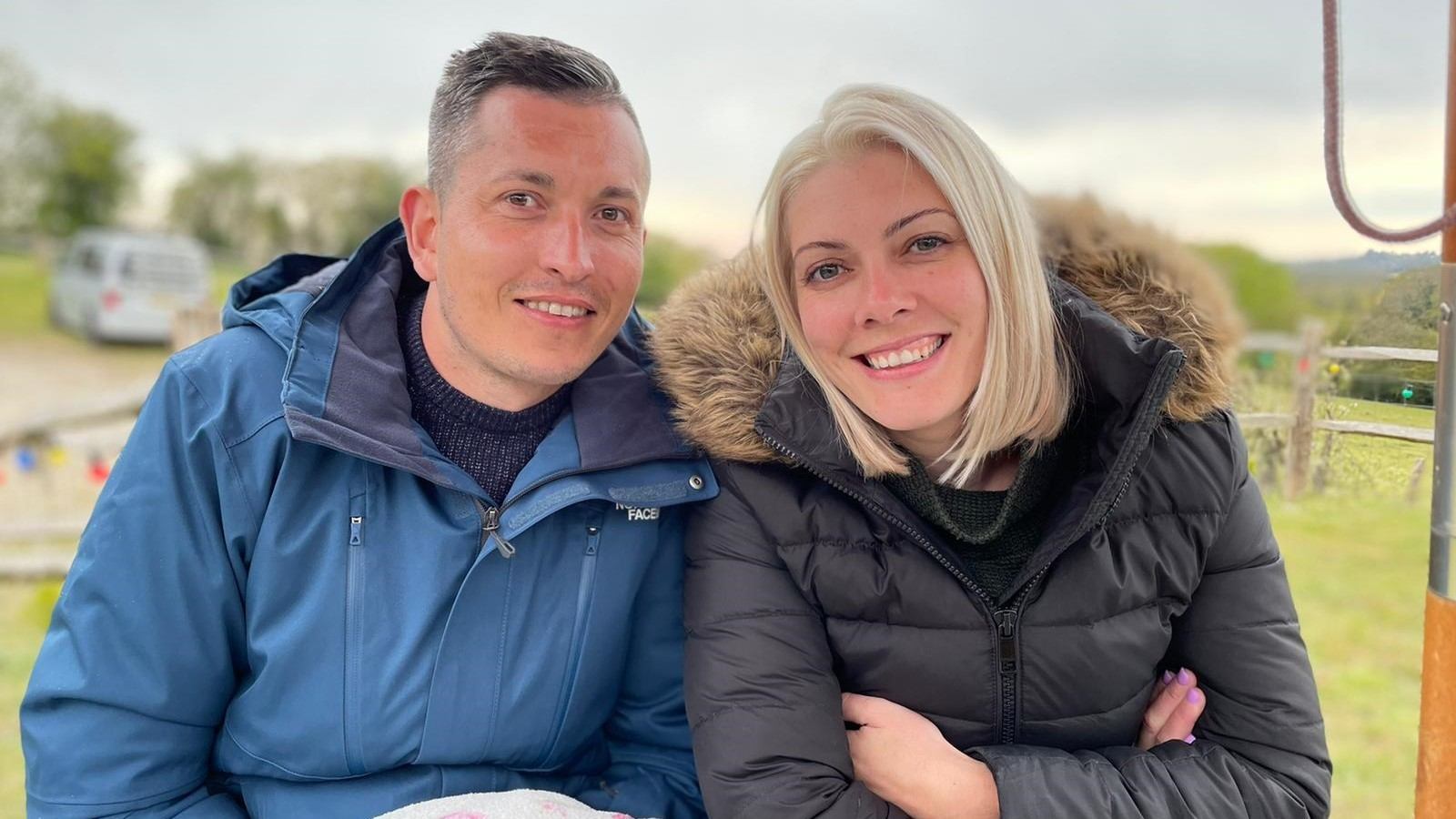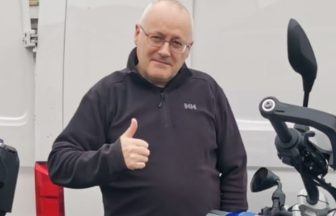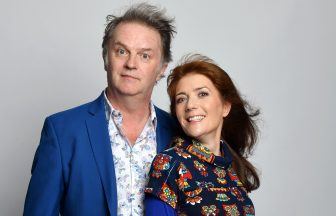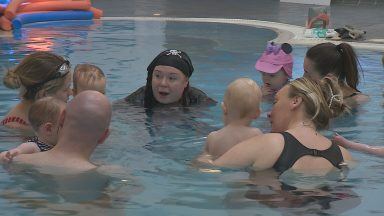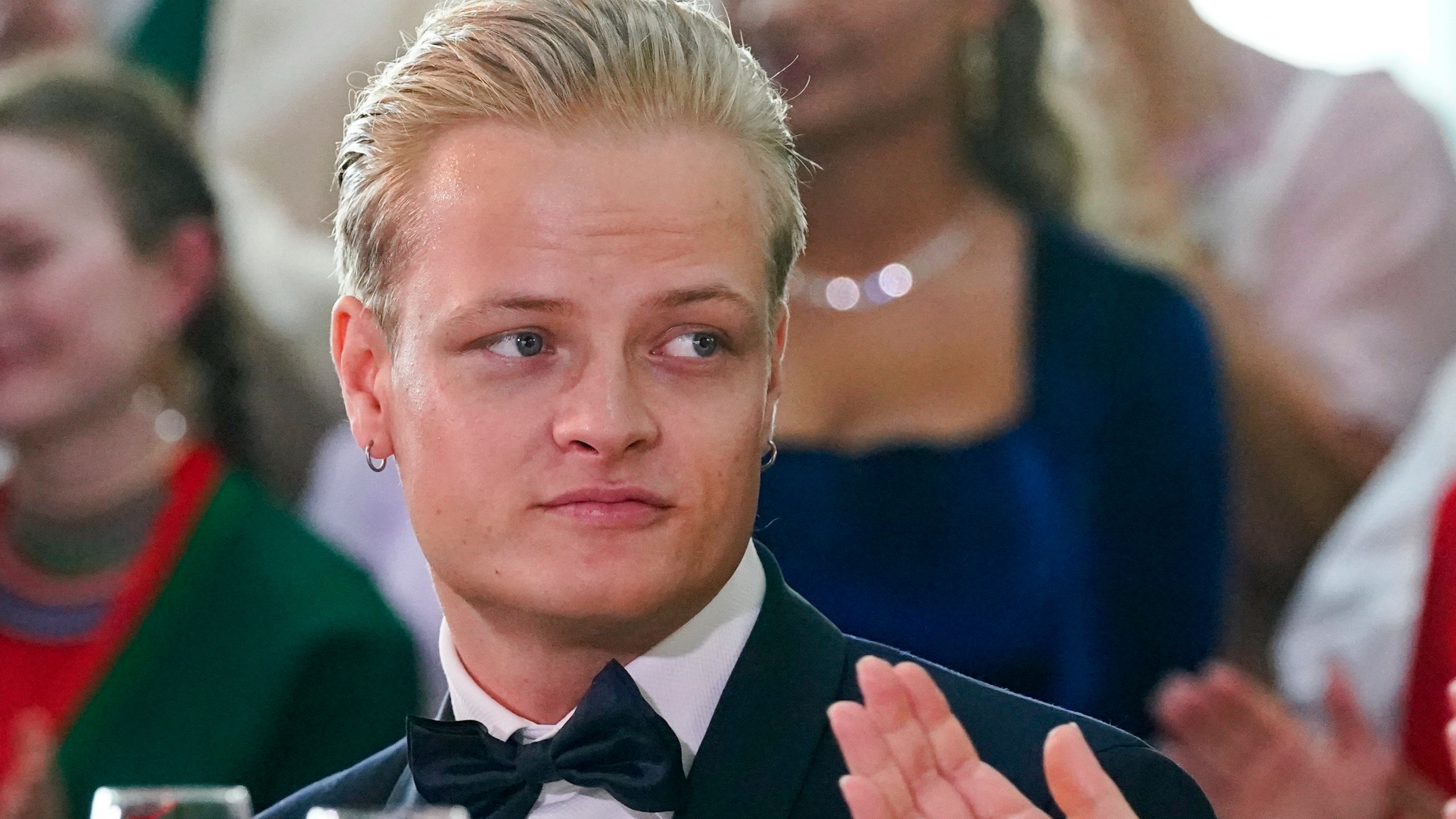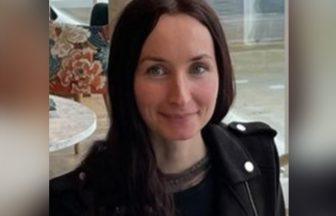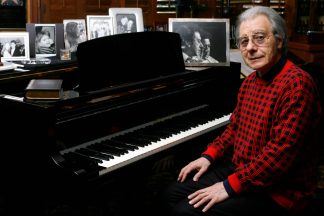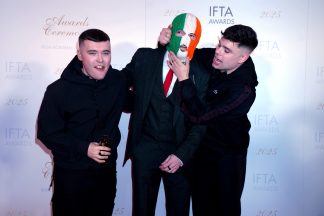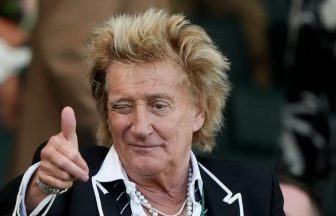Young stroke survivors are “set up to fail” because of a lack of support when they leave hospital, Emilia Clarke’s charity has warned.
The charity, set up after the Game Of Thrones star suffered a brain haemorrhage when she was just 24, said there is a “misconception” that stroke affects only elderly people.
After recovering, Clarke and her mother Jenny set up SameYou to help people with brain injuries.
Now the charity is calling for more to be done to help young stroke survivors.
Mrs Clarke said: “Young stroke survivors are being set up to fail by abandoning them when they leave hospital.
“It’s back home where the hard work, frustration, fear and the challenges really begin, with little or no support to rebuild their lives.
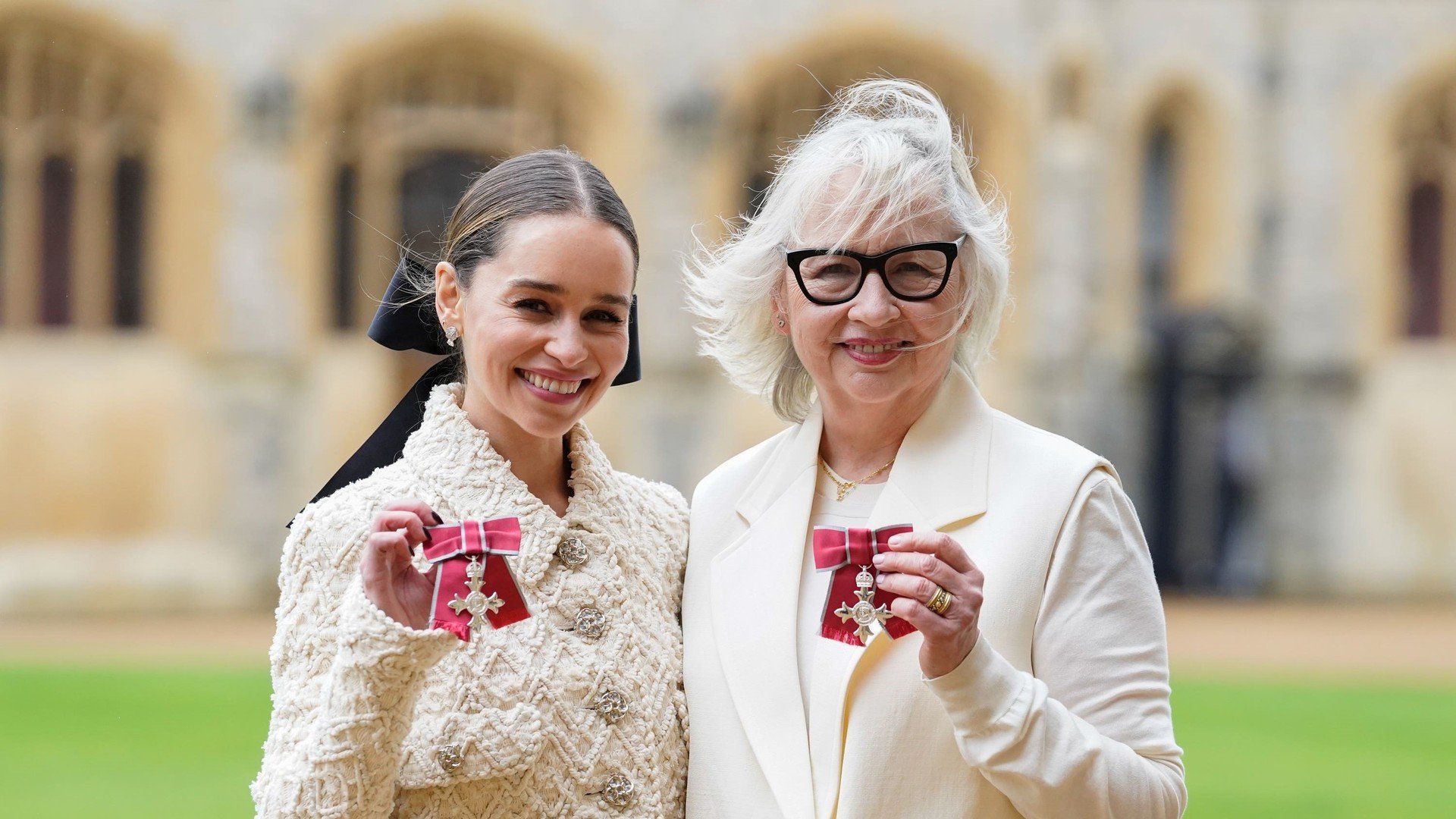 PA Media
PA Media“There is a great unmet need and a gap in service provision which can have major implications for a young adult who may want to stay in employment, socialise with friends and be independent. That support pathway just doesn’t really exist.”
The mother and daughter duo were made MBEs earlier this year for their work helping people with brain injuries.
Clarke, now 38, previously told the PA news agency that she felt “fragile, sensitive and scared” after her brain injury and was shocked to find out how understaffed rehabilitation services are – with rehab becoming a key focus for the charity.
Jenny Clarke said: “In terms of what we are advocating for, there needs to be specific solutions available to help young stroke survivors.
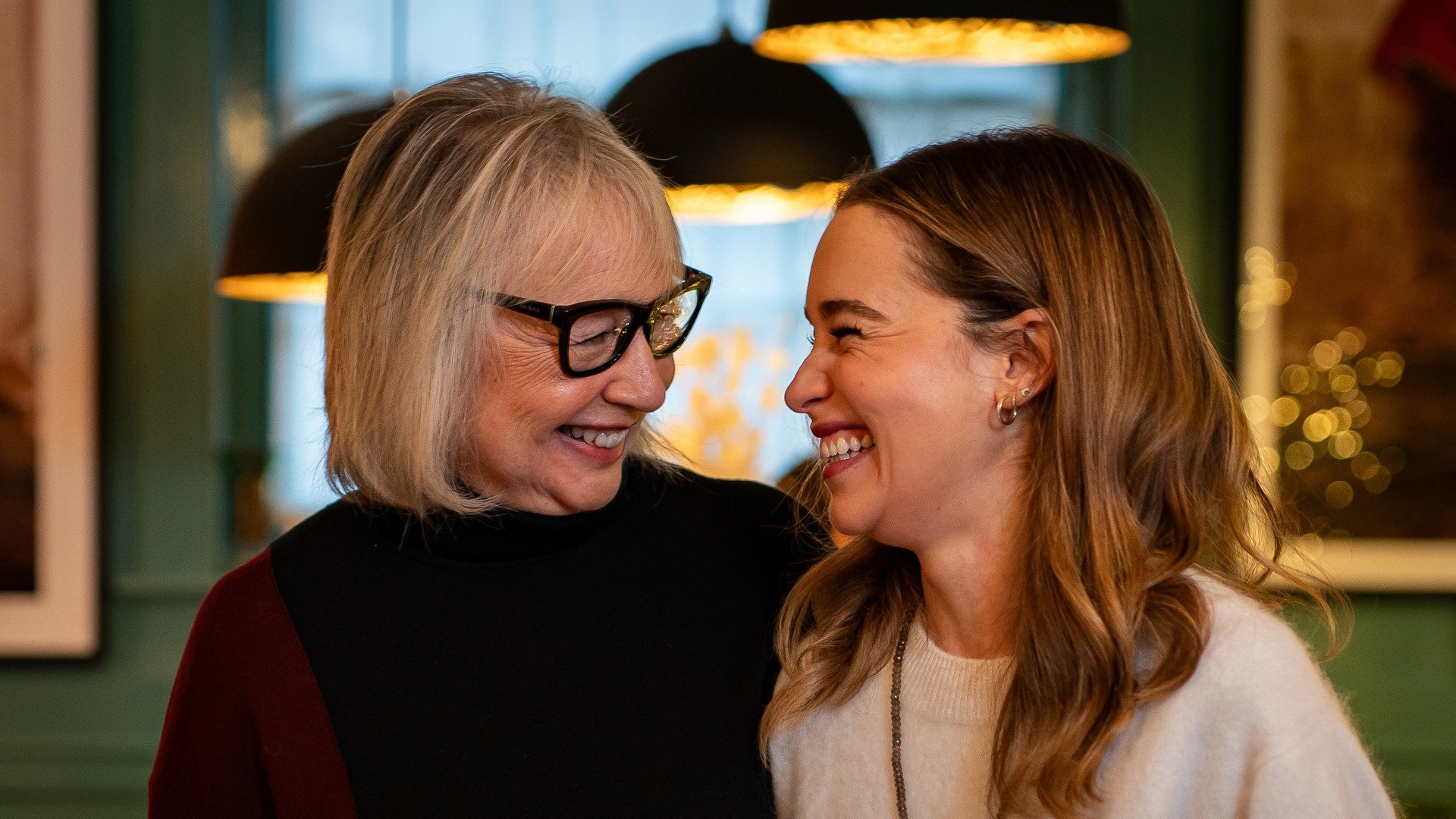 PA Media
PA MediaHe has described how he faced limited access to speech therapy, a lack of support for mental health or returning to work, and a lack of couples therapy.
Mr Moon said he and his ex-wife Hannah were left to navigate major hurdles alone.
The builder from Sussex, who is now 37, said: “I had to fight to get back everything that was important to me.
“Getting my confidence back with nobody to help you or guide you is impossible.”
“With reading and writing, it’s not that I have exactly given up … but I have tried so much, even reading kids’ books, and I now have to rely on tech to read a little text at a time.”
He added: “I was doing really well with NHS speech therapy – but nine months later it just stopped. They told me I should have only had three months of support. Even with nine months of support I could only speak 20 words and couldn’t say a proper sentence.
“So I couldn’t do any speech therapy, I couldn’t work, I couldn’t say any sentences. I really struggled for well over a year to communicate before finding someone else who could help me.
“I felt depressed. Everyone our age works so it’s not like you can see people. I was desperate to get up and running again.”
Follow STV News on WhatsApp
Scan the QR code on your mobile device for all the latest news from around the country


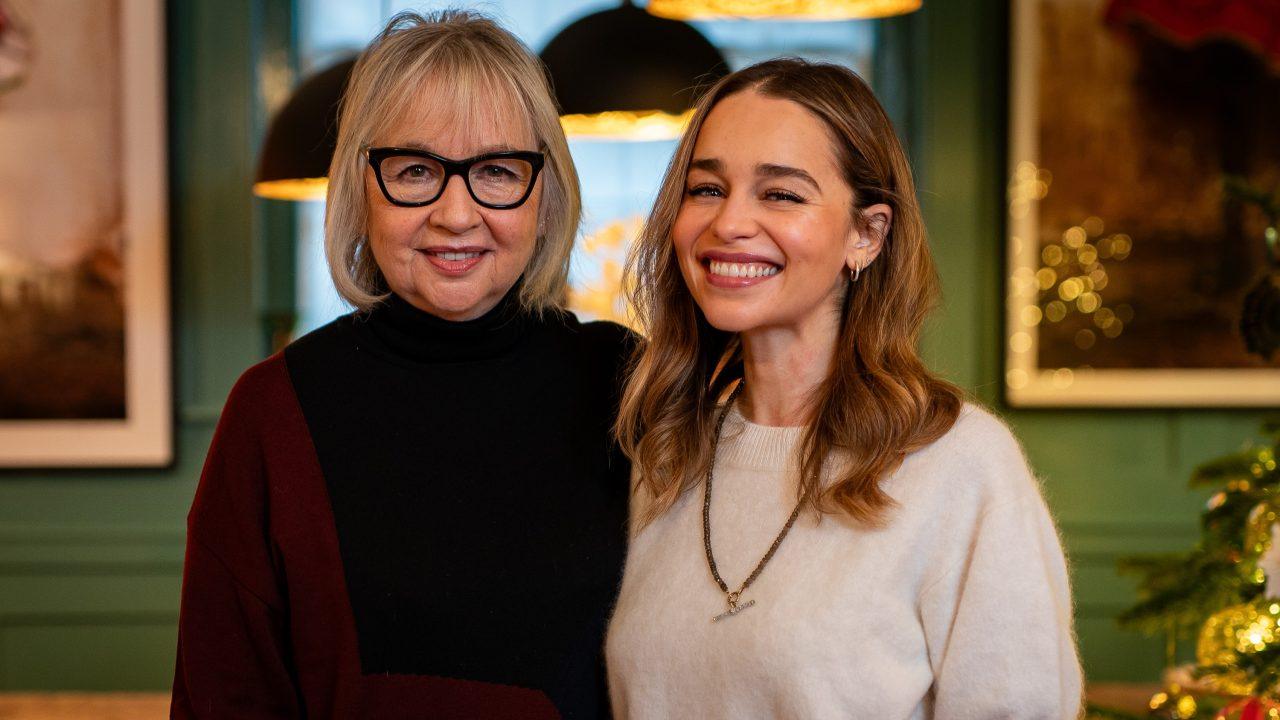 PA Media
PA Media